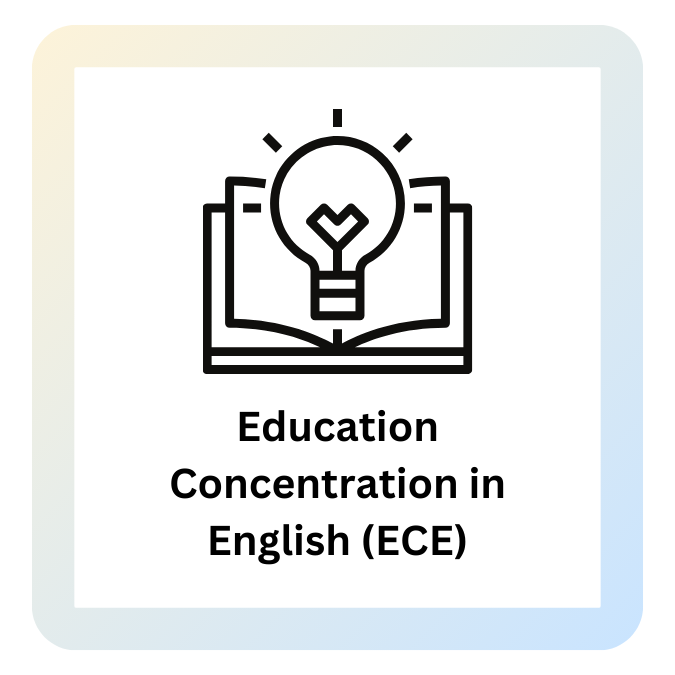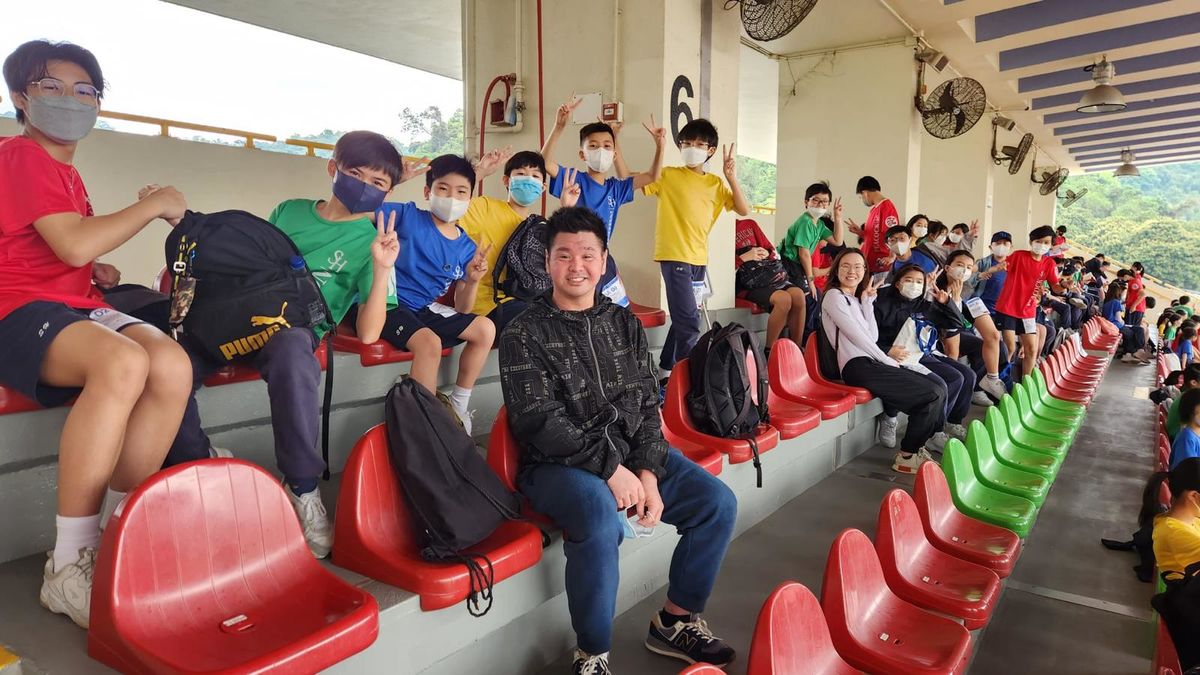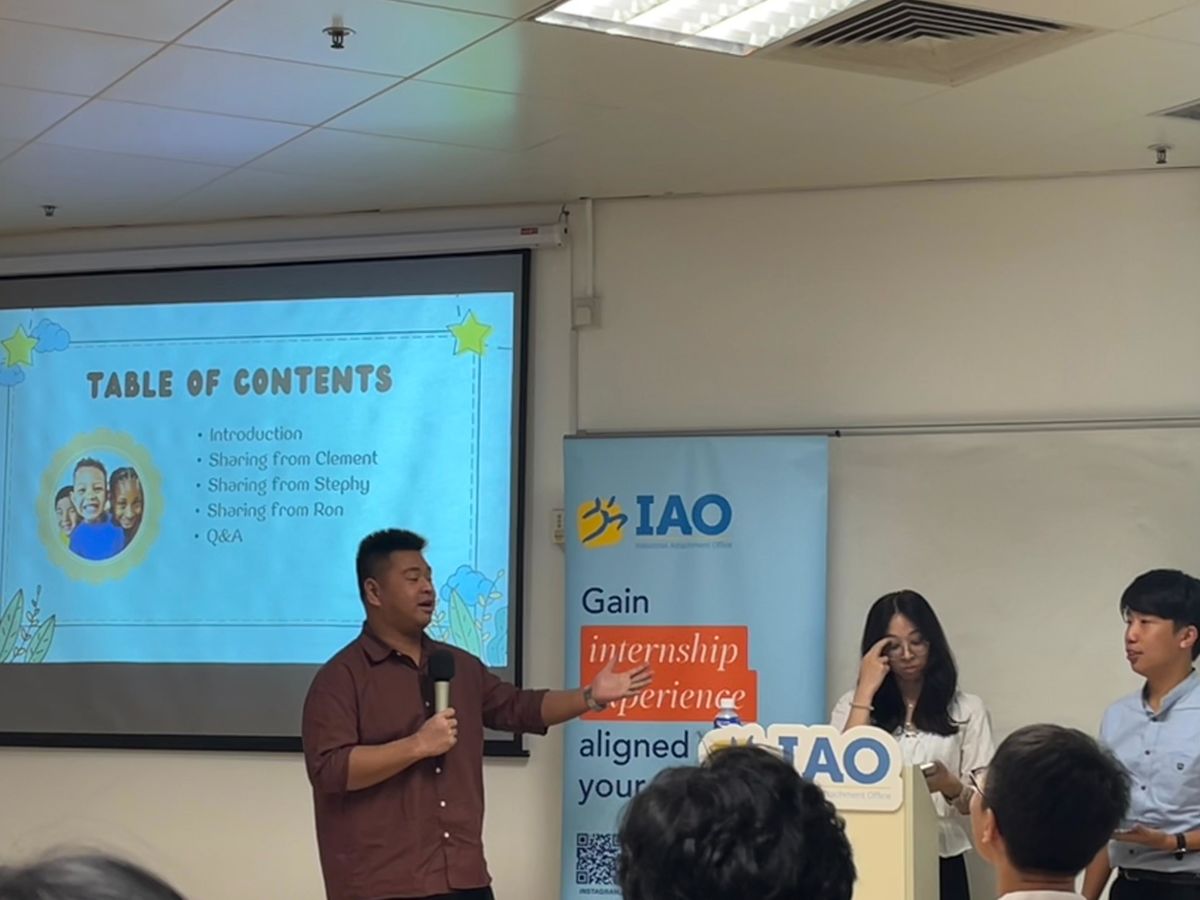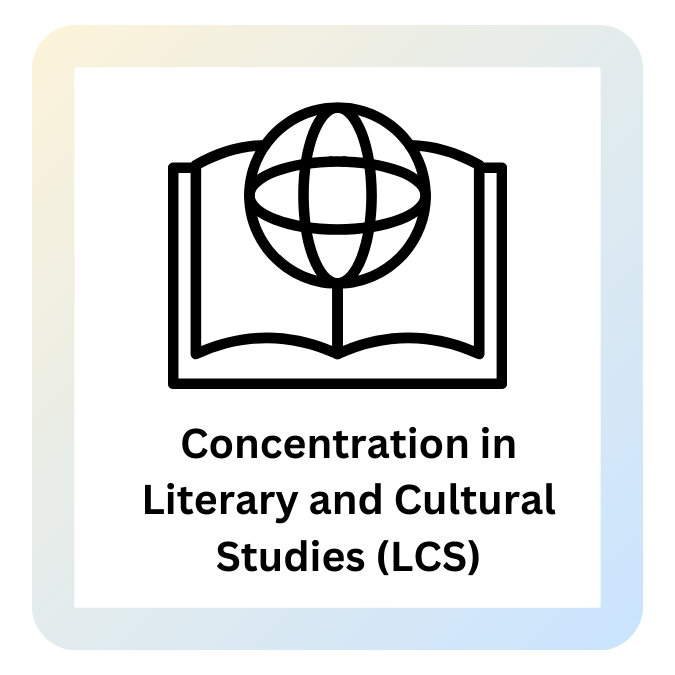
Upon completion of the Education Concentration, students should be able to:
1. Analyze issues related to the teaching of English at school level
2. Design pedagogical applications of English subject content suitable for school level learners
3. Demonstrate awareness of the needs of school level learners in acquiring competence in English







